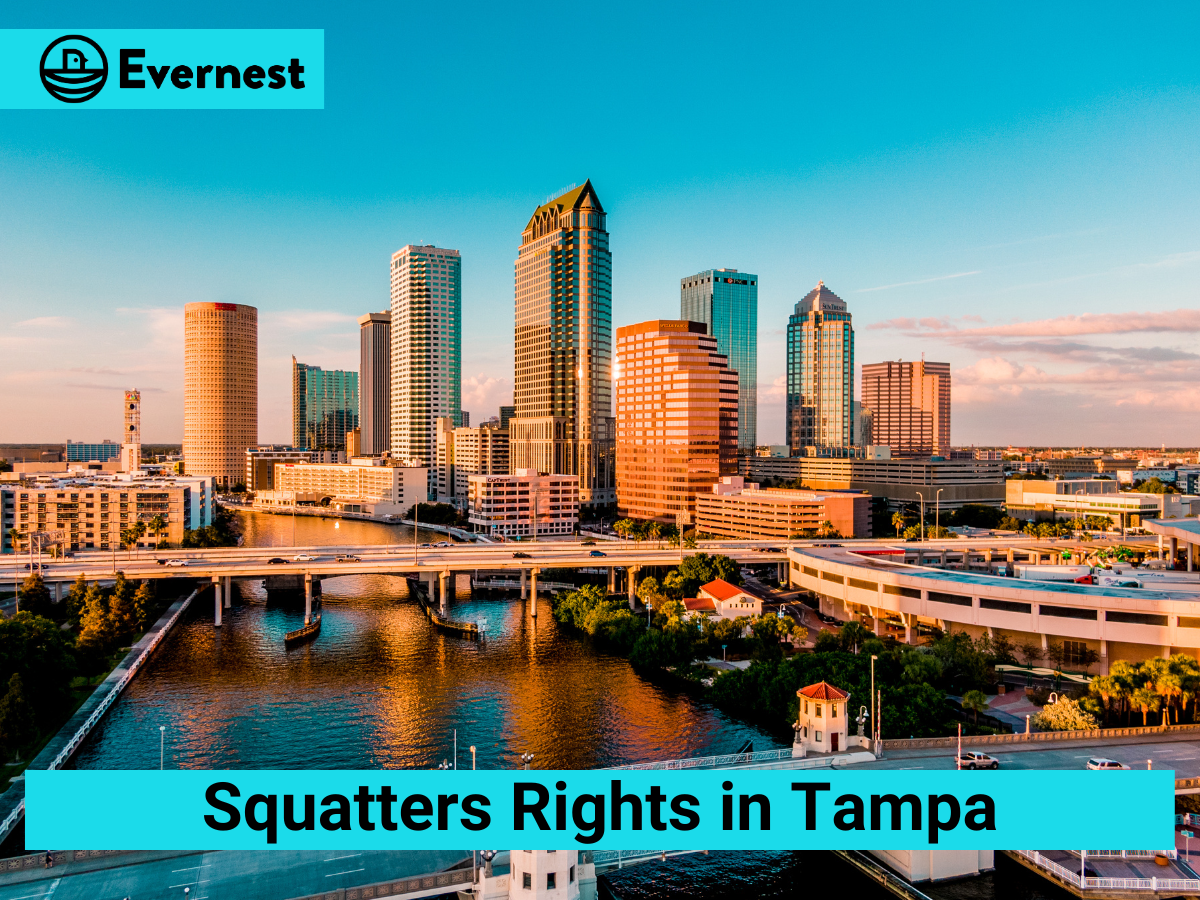As a rental property owner, you’ve probably heard your fair share of squatting horror stories.
But what exactly is squatting? And what are squatters’ rights in Tampa?
In this article, we’ll explore the legal definition of squatting, outline how squatters' rights work, and discuss ways to protect your property from squatters.
Let’s dive in!
Disclaimer: The information provided in this blog does not, and is not intended to, constitute legal advice; instead, all information, content, and materials available in this blog are for general informational purposes only.
Defining Squatters’ Rights
Squatter's rights, also known as adverse possession, grant certain rights to squatters, who may assert their rights to gain legal ownership of the property over time.
The Legal Definition of Squatting
In Tampa, squatting is defined as the continuous occupation of a property illegally for a period ranging from 7 to 20 years, depending on certain factors. Squatting does not grant immediate ownership, but it can result in legal ownership if all requirements are met.
The Concept of Adverse Possession
Adverse possession is the legal principle on which squatter's rights are based. One of the primary purposes of adverse possession is to prevent land from lying idle and unused. By allowing individuals to claim ownership through continuous occupation, adverse possession laws encourage the productive use of land and discourage its neglect or abandonment.
The History of Squatter's Rights in Tampa
Tampa has a long history of squatter's rights, with early laws dating back to the early 1900s.
Early Squatting Laws in Florida
Early squatting laws in Florida were primarily designed to deter the abandonment of land. They allowed individuals to claim ownership of abandoned properties through continuous and open possession. These laws were seen as a way to put vacant lands to productive use and encourage economic development.
Recent Changes to Squatting Legislation
In recent years, Florida's squatter's rights laws have undergone several changes to address concerns regarding property ownership and rights. These changes aim to strike a balance between protecting property owners and preventing abuses of the system by squatters.
Squatters' Rights in Tampa—How They Work
Squatter's rights in Tampa are based on a set of specific requirements that must be met for someone to claim legal ownership of a property.
The Role of Continuous Possession
Continuous possession is a crucial element for squatters to establish their rights. The squatter must occupy the property without interruption, for a specific period defined by Florida law. If the squatter leaves the property even for a short period, their claim may be invalidated.
The Importance of a Hostile Claim
A hostile claim refers to the squatter's intentions towards the property, indicating their intent to possess or claim ownership. It does not necessarily mean animosity towards the rightful owner. Instead, it signifies that the occupation is without the owner's consent or permission.
The Requirement of Open and Notorious Possession
Open and notorious possession means that the squatter occupies the property openly, without any attempt to hide their presence. It must be clear to the owner and anyone else that the squatter is occupying the property without permission. This requirement prevents secret or covert occupation from being considered as a claim for squatter's rights.
Protecting Your Property from Squatters
Property owners in Tampa can take proactive measures to prevent squatters from asserting adverse possession claims on your land and buildings.
Regular Property Inspections
Regularly inspecting your property is vital to identify any signs of unauthorized occupation. Look for indicators like broken locks, forced entry, or signs of occupation such as personal belongings or new structures.
If you live out-of-state, or if you’re just not up to the task, a property management company can do this on your behalf.
If you notice any suspicious activity, take immediate action to prevent squatters from establishing rights on your property.
Legal Recourse for Property Owners
If you discover squatters on your property, contact a real estate attorney to understand your rights and the legal steps you can take to remove squatters. Acting promptly can help protect your property and prevent squatters from gaining legal ownership.
A local property management company may also be able to assist with a lawful eviction.
Final Thoughts: Squatters’ Rights in Tampa
In conclusion, understanding squatters' rights in Tampa is critical for rental property owners. By understanding adverse possession, the rights and protections for squatters, and the actions property owners can take to prevent and evict squatters, all parties involved can navigate this complex issue more effectively. Remaining vigilant, conducting regular property inspections, and seeking legal guidance when needed will help you maintain the security and integrity of your property.
Looking for a Property Management Company in Tampa?
Need help with squatters, marketing, maintenance, and more? Evernest Tampa is here to help! Contact our local team to get started today.


